A Night in the Backcountry
A night in the backcountry can be unexpected – accidents happen. In the controlled environment of a ski resort, patrol is just a phone call away. But in the backcountry, where conditions are unpredictable and help is far from immediate, the difference between an inconvenient delay and a survival situation comes down to preparation—and the incredible professionals who step in when things go sideways.
A recent visitor to Christiana Trees learned this firsthand when a knee injury turned a day tour into an unexpected overnight stay in the backcountry. Her group, well-equipped but caught off guard by the situation, quickly realized how fast things can go from routine to critical.
“Happy birthday to me, went for a ski, and tweaked my knee (badly), in Christiana Trees.”
With limited mobility and no way out, the group contacted Parks Canada’s Mountain Safety team, initiating what would become a multi-stage rescue operation.
The Backcountry Doesn’t Care About Your Plans
An injury in the backcountry doesn’t just affect one person—it impacts the entire group. Three skiers suddenly found themselves forced to bivouac overnight, a situation that could have been significantly more dangerous without emergency intervention.
Fortunately, Mountain Safety, Parks Canada was able to airdrop critical overnight gear, including sleeping bags and a tent—an incredible act of service, coordination, and efficiency that underscores just how essential these teams are. But when the morning came, the rescue was far from over.
“We waited until about 1:30 pm the next day for them to come in with skiers and a sled as Plan B, because they couldn’t fly through the cloud to sling us out from where we were.”
When weather grounded the helicopter extraction, Mountain Safety skiers had to reach the group manually, bringing in a sled for a technical ground evacuation. The level of skill, patience, and adaptability required for these operations cannot be overstated. Every decision matters—from assessing snowpack conditions to managing time, exposure, and human factors.
Parks Canada: The Heroes You Hope You Never Need
Parks Canada’s Mountain Safety team operates with precision, professionalism, and an unwavering commitment to backcountry users. Every year, these teams risk their own safety to assist those in need, using their extensive training, communication systems, and strategic planning to execute life-saving rescues.
For the injured skier, their presence was nothing short of a lifeline:
“Parks Canada was absolutely fantastic in their communication, systems, skills, efficiencies, and warm personalities when they arrived. I feel so lucky to have them there for us in an emergency and will be forever grateful for their help.”
Are You Ready for an Unplanned Overnight?
While this story has a happy ending, it serves as a critical reminder: the backcountry is unforgiving, and preparation is non-negotiable. A simple knee injury can escalate into a survival situation, and even the most experienced skiers can find themselves spending an unplanned night out.
So, what’s in your pack?
This incident had a lucky outcome, but it prompted the group to rethink their essentials:
• Extra pair of socks
• Hand warmers
• Battery pack for electronics
These small additions could mean the difference between a cold but manageable night and a serious hypothermia risk.
Respect the Backcountry—And Those Who Keep It Safe
Parks Canada’s Mountain Safety team is there when skiers, snowboarders, and alpinists need them the most. But it’s on all of us to minimize risk, make smart decisions, and carry the right gear.
This story isn’t just a thank-you to the heroes in red and yellow—it’s a reminder to never underestimate the mountains.
If you ski the backcountry, pack smart, plan ahead, and always be prepared for the unexpected—because when the mountains decide to change your plans, you want to be ready.
Source: Mountain Safety, Parks Canada


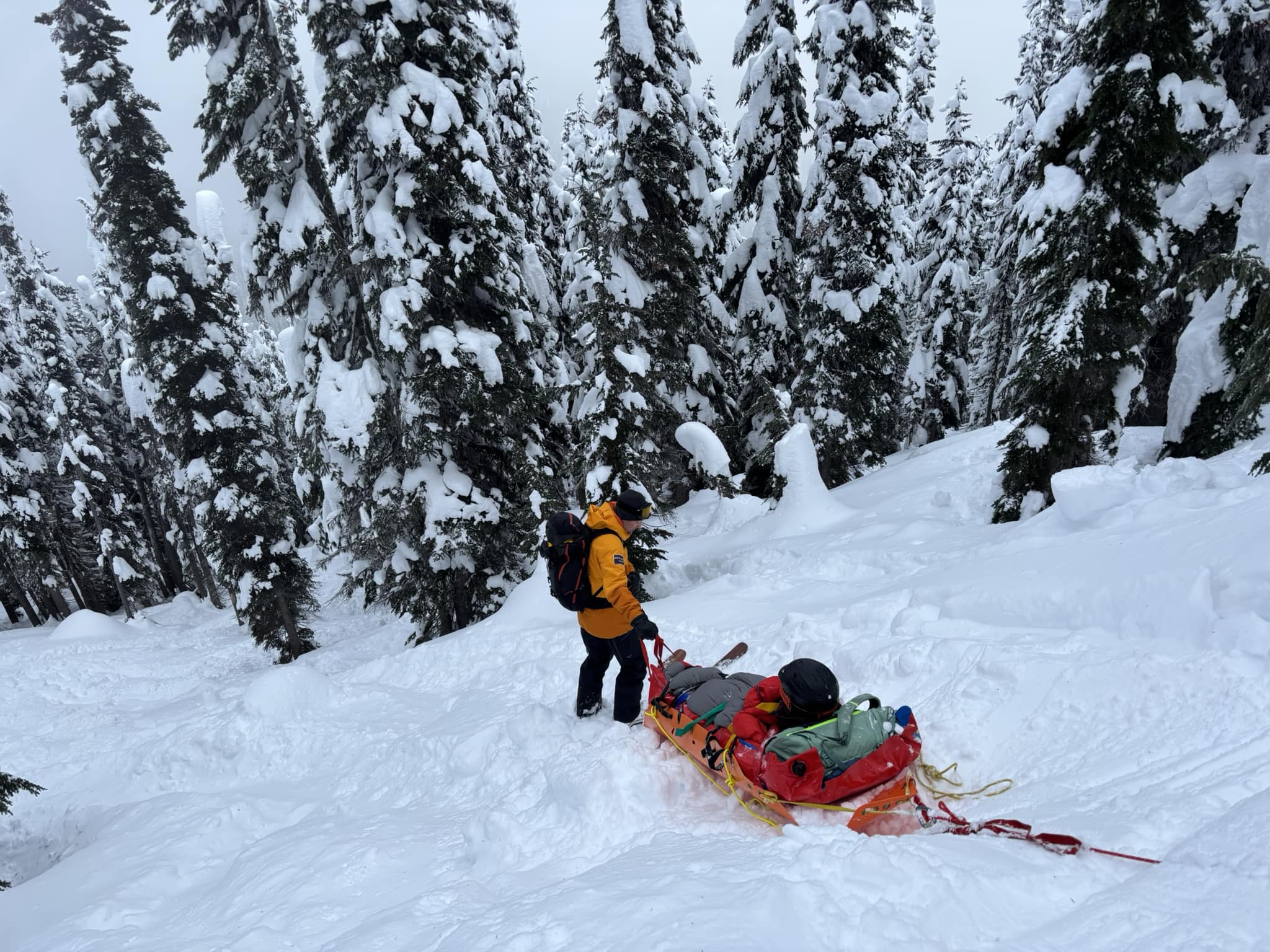

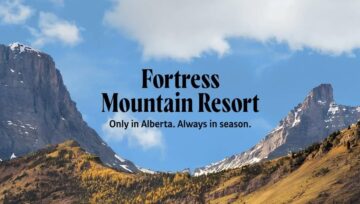
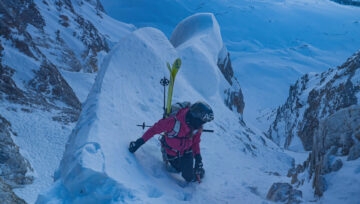
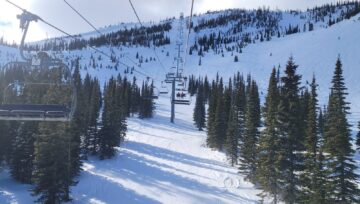
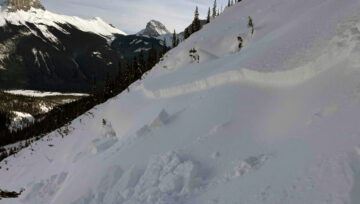
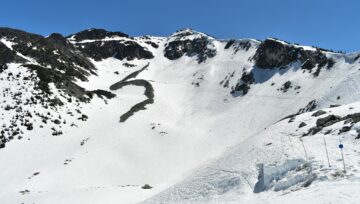


Comments